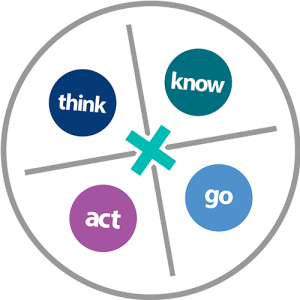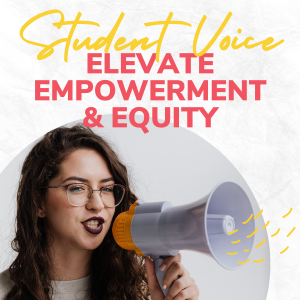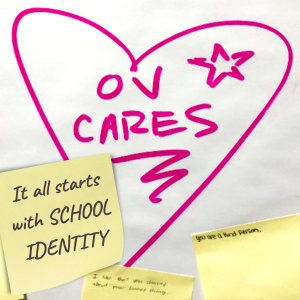Why do we need new measures of college and career readiness? Doesn’t the current system work entirely adequately to make determinations about who will succeed in college? Isn’t it knowing which courses students took, the grades they received, their standing relative to others in their class, and maybe a score on an admission test? What’s changing that requires more information about students?
A college and career ready student possesses the content knowledge, strategies, skills, and techniques necessary to be successful in any of a range of postsecondary setting. Success is defined as the ability to complete entry-level courses at a level of performance that is sufficient to enable students to continue to the next courses in their chosen field of study. Not every student needs exactly the same knowledge and skills to be college and career ready. A student’s college and career interests help identify the precise knowledge and skills the student needs.
This definition is very different from many of those in use currently, most of which rely on an absence of remediation as a measure of readiness. While avoiding remediation is important to student success in college (and I have previously included remediation avoidance in my own definition of readiness), the research suggests readiness is more than the lack of a deficit in a general set of reading, writing and math skills.
This definition differs from that offered by others in several important ways. Importantly, it includes all postsecondary learning as its reference point, not just a bachelor’s degree. Included are students who seek to garner a certificate or two-year degree with the intent of entering a career pathway at that point in addition to those who attend four-year institutions, as well as those engaging in formal training in the military and those attending proprietary schools.
College_Career_Ready_Student_Profile_Conley_20141020.pdf (3285 downloads )Authors: Dr. David T. Conley




